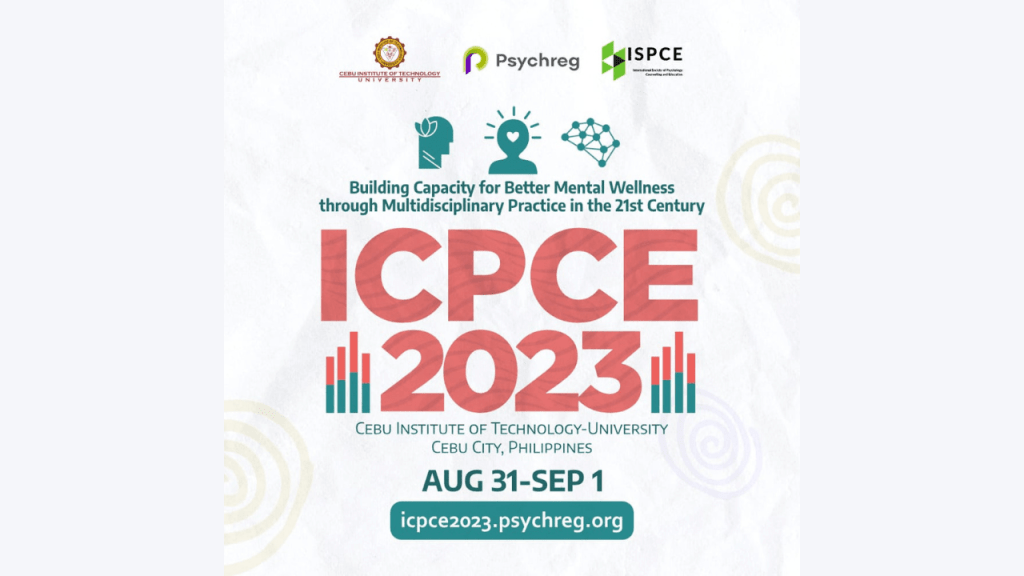Giving birth is a very significant landmark in the life of many women, while motherhood creates an ongoing exclusive experience that calls for serious adjustment; the period is accompanied by multi-dimensional change when mothers have to adjust in all areas of life, in spite of her age or previous birth experience.
Those who are able to adjust after birth means that they will cope and also live a happier and well-adjusted mothering life, while those who cannot break down and may be unable to perform their motherhood role properly. Since life is not static but dynamic with its challenges, maternal adjustment, therefore, requires that individual mothers increase their psychosomatic adaptive skills and aptitude at their own pace, in order to fulfil their motherly obligations. While we know the post-natal period is an inevitable time of severe readjustment and coping skills balance, such a mother will be described as well-adjusted when her psychological, physiological, and societal are in conformity with each other.
Hence, this adjustment can come in two ways, it is either they influence the circumstance to fit into the needs or fit self to the new situation, so during this period both the mother and the baby learn from each other, either consciously or unconsciously via the process of adjustment. Thus this adjustment also does not affect the mother alone but the entire family.
Despite challenges, as a safeguard to effective maternal adjustment, marriage can serve as a fundamental instrument to a well-adjusted life. That is, a non-supportive partner can cause an increase in the level of stress, depression for new mothers and even aid diseases associated with child-bearing like cancer or kidney failure. With a supportive partner, husband or wife and loving family members adjusting well can be achieved with great ease.
From the foregoing, the systems and structures which religious communities bring to families are significant to recognise the role that spirituality and faith play in the lives of maternal adjustment. While religious beliefs aren’t much talked about as regards to child-bearing and maternal adjustment – trust, and submission to God of worship can help in the ability to effectively adjust to the new conditions and tasks that come with child-bearing. Because engaging in religious activities has prospective avenues for emotional adjustment during this period, reducing psychological distress, less pain, better cognitive and social functioning. Also, being optimistic is fundamental to maternal adjustment noted by Dr Richa Sood at the Mayo Clinic. Optimistic mothers are less likely to be stressed because they focus on positive emotions and have some sense of control in various situations. A waiting mother who is optimistic is capable of facing tough challenges as regards to childbirth as they come and overcome them. Because her perception is enhanced, an improvement in perceived quality of life helps to replace the sense of hopelessness as well as enhances feelings of self-control. Optimistic mothers, because they feel that they can make some change, have this philosophy approach of doing something in a given situation rather than seeking an escape.
Worthy of note is emotional intelligence – having a strong emotional intelligence has a significant impact in adjustment since it is a developing ability that can be learnt. In a review, Andrea Sints asserted that women can tame their reactivity because they are able to name their emotions, and are better able to tap into the basis of their feelings and outline out what to do. Because they can recognise potential stressors and develop an emotional response in coping with problems, the adjustment wouldn’t be a challenge. Much of this comes from having a good job with adequate income, living in an idle home with basic amenities, from due access to parameters of social-economic status in education, occupation and better living facilities to meet high demands of food, drugs and needs of babies.
Onah Caleb is a research assistant at Benue State University (Nigeria). He runs the blog KaylebsThought.




























